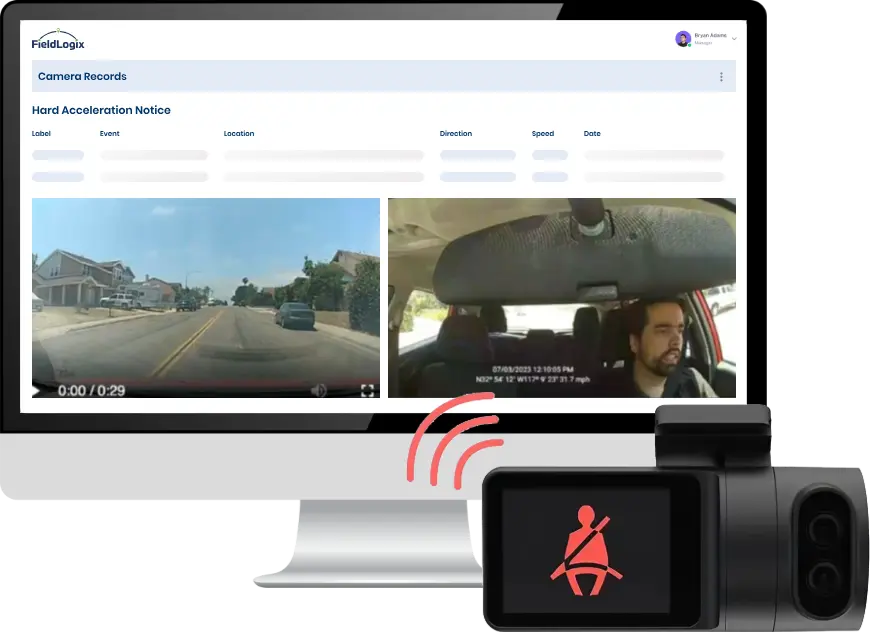GM’s OnStar No Longer Selling Ex-Customer Data To 3rd Parties
After being torn apart by the media, customers, lawmakers, and being described by a Senator as “one of the most brazen invasions of privacy in recent memory” OnStar has decided to reverse its new customer tracking policy. The new policy, announced last week to customer via email, gave OnStar permission to continue to gather speed, location and related customer data from all users – even ones that had cancelled services – and then sell the information to third parties.
The OnStar system embeds a mobile phone and GPS in customer’s cars and relays a constant stream of data back to the company recording basic speed and location, whether the driver is wearing a seat belt, and tire pressure, as well as reporting accidents. This latter function is the system’s principal selling point, and numerous lives have been saved by the car alerting emergency services that a crash has occurred.
Even if an OnStar user cancelled services, the secondary connection would remain active and the company could continue to gather and sell the user’s tracking data – unless the customer specifically contacted OnStar for an opt-out request.
Democratic senator, Chris Coons of Delaware, said, “As location-based mobile technology becomes a larger part of consumers’ lives, it’s important that we’re vigilant about balancing convenience with privacy.”
OnStar’s 6 million current subscribers should be aware – it still maintains the right to track active customers.








